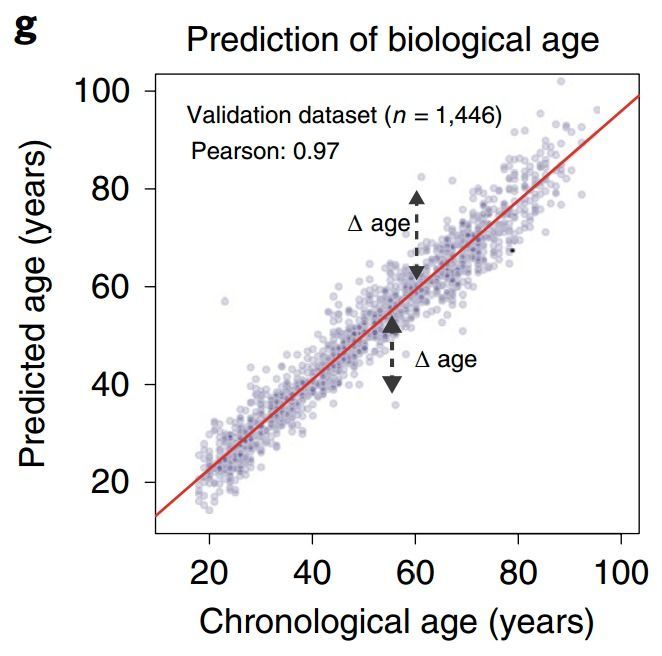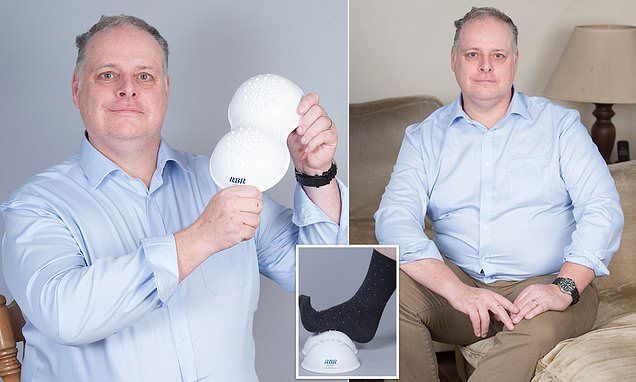
Methylation clocks are far and away the most accurate markers of a person’s age, and so are a promising tool for evaluating anti-aging interventions, but they are a bit of a black box. We know from statistics that certain places on chromosomes become steadily methylated ( or demethylated ) with age, but we often don’t know what effect that has on expression of particular genes.
For the first time, a clock has been devised based on proteins in the blood that is comparable in accuracy to the best methylation clocks. This has the advantage of being downstream of epigenetics, so it is less of a black box. What can we learn from the proteins that are increased ( and decreased ) with age?
I’ve written often and enthusiastically about the utility of methylation clocks for evaluation of anti-aging interventions [ blog, blog, blog, journal article ]. This technology offers a way to promptly identify small age-reversal successes (perhaps not in individuals, but averaged over a cohort of ~50 to 100 subjects). Before these tests were available, we had no choice but to wait — usually 10 years or more — for enough experimental subjects to die that we could be sure the intervention we were evaluating affected life expectancy. (This is the plan of the worthy but ridiculously expensive TAME trial promoted by Nir Barzilai.)


















